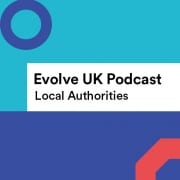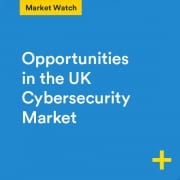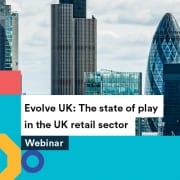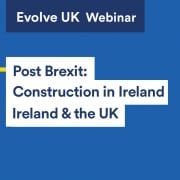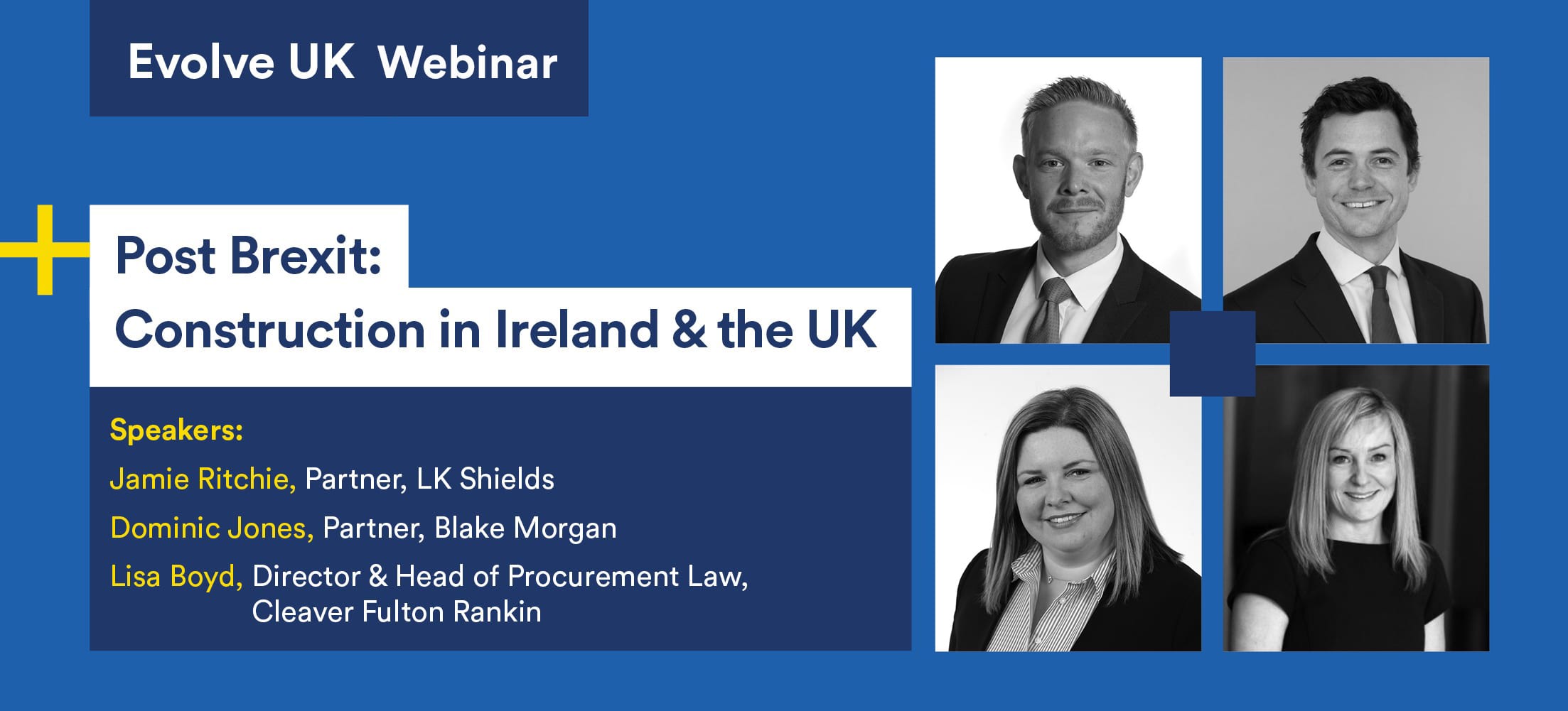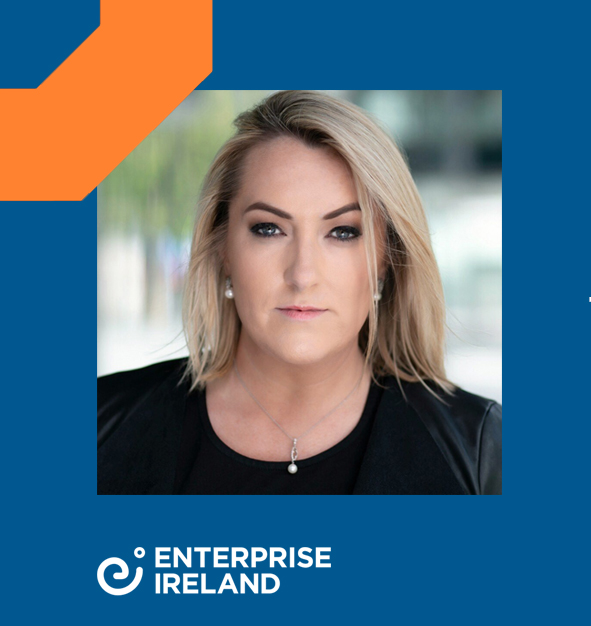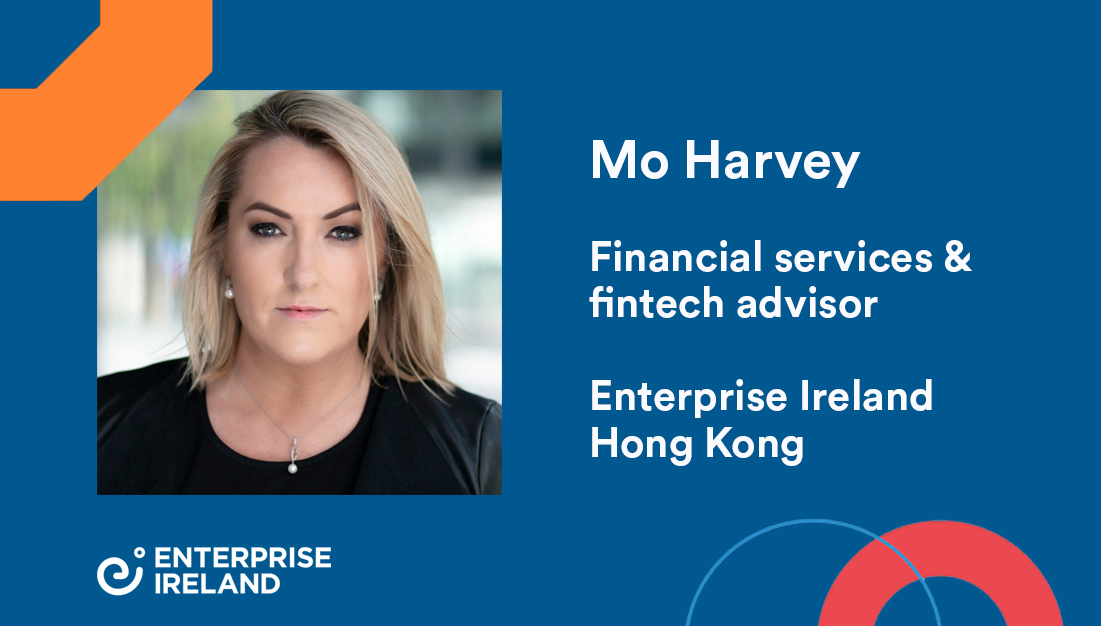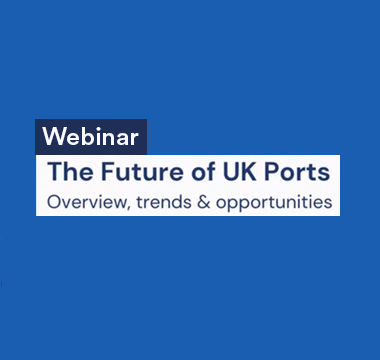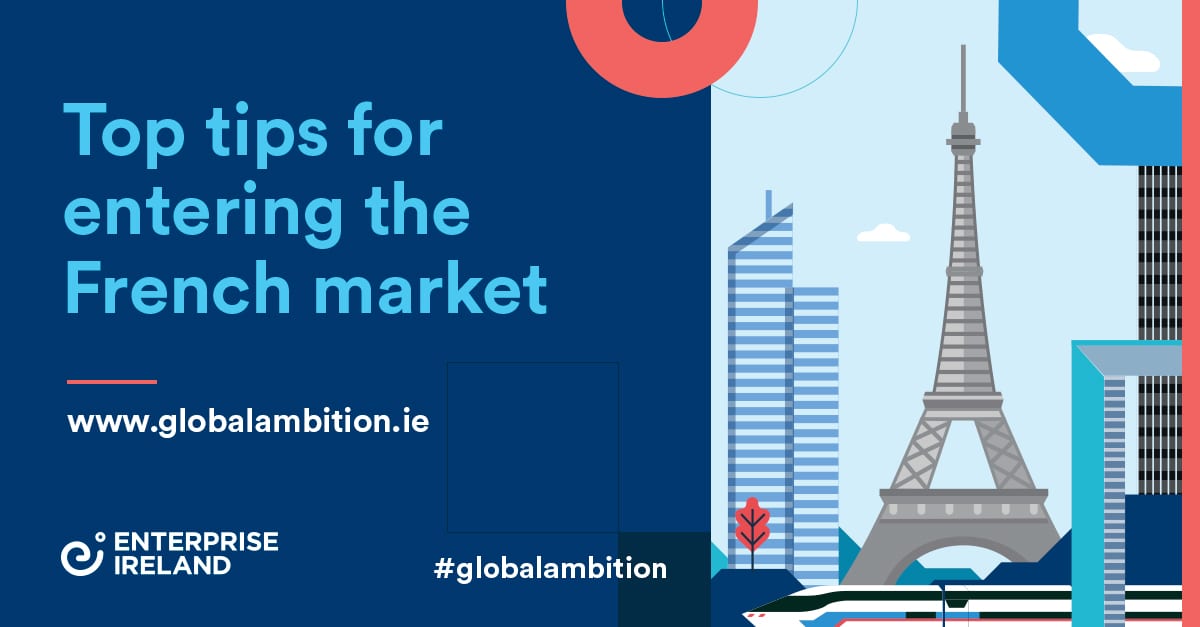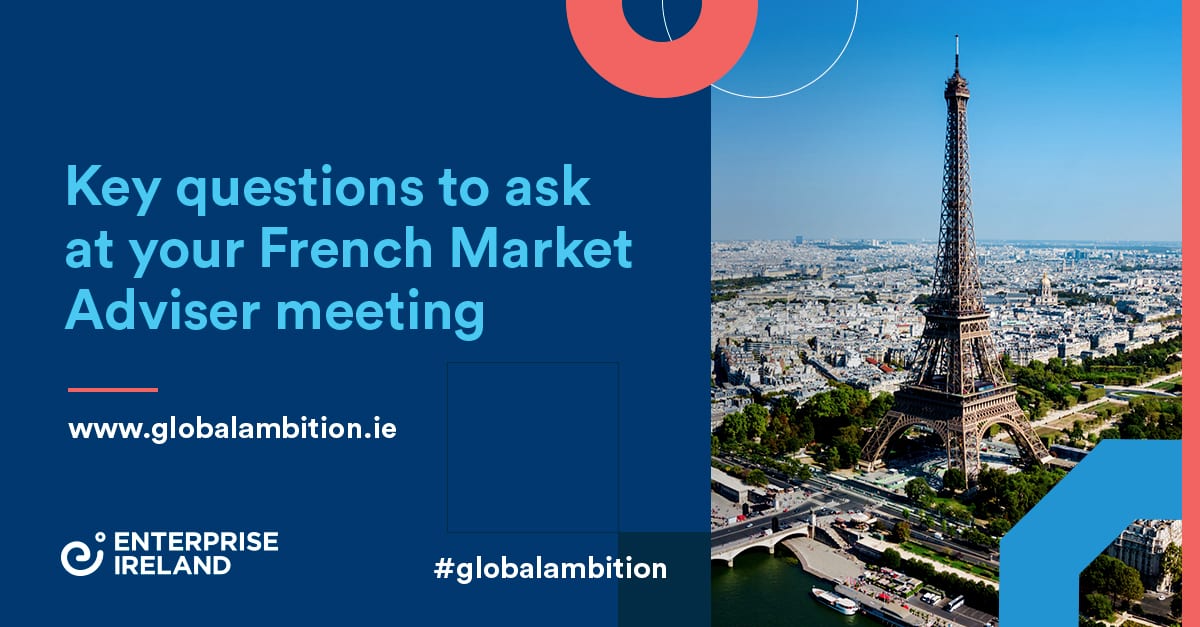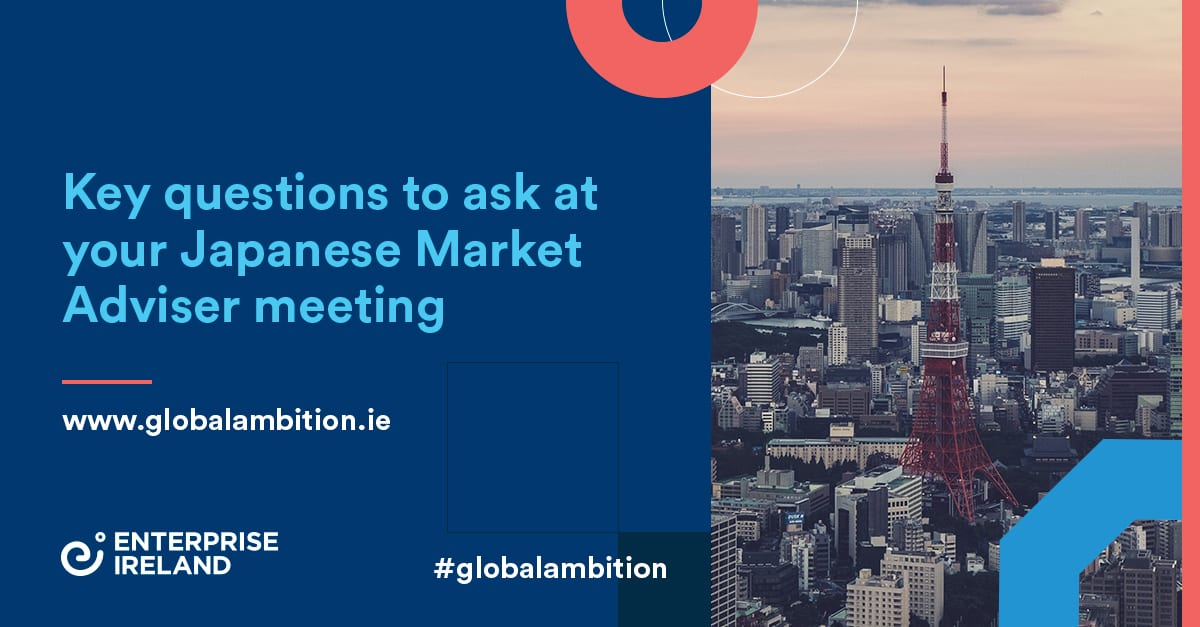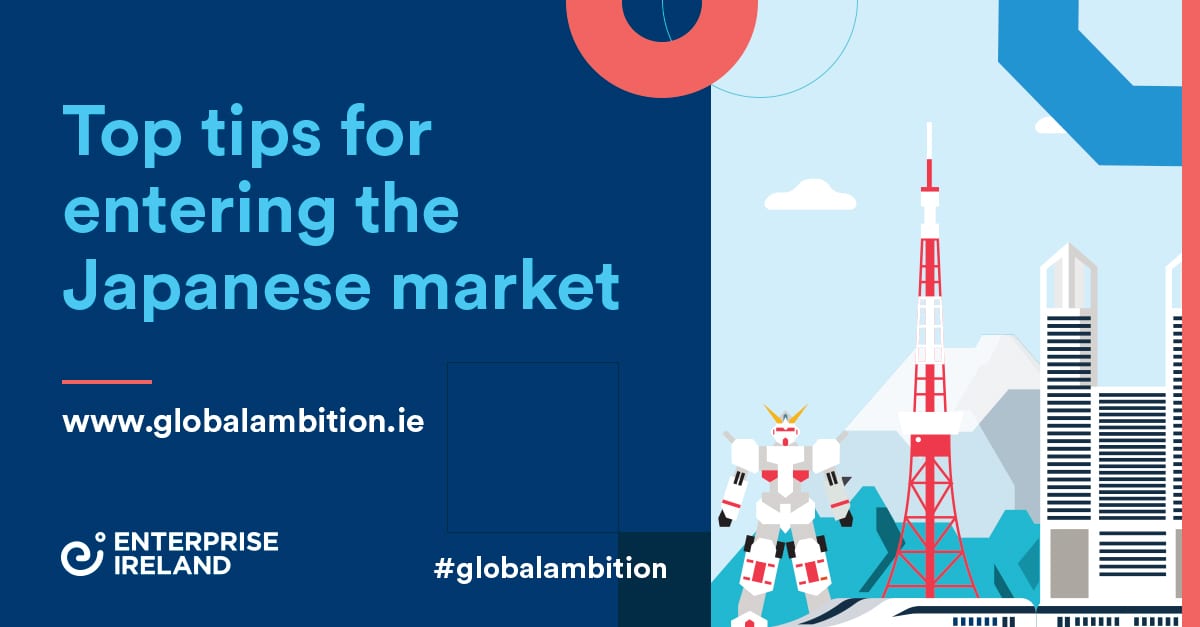Online shopping has been growing steadily in popularity over the last decade, with many more retailers setting up websites and the shopping experience becoming ever-more convenient, fast and cost-effective. However, thanks to Covid-19, this evolution has accelerated, with many businesses reporting huge increases in online sales and more consumers discovering the advantages of shopping online.
“Many retailers would have had a very small investment online, but an intention to do more in the future; then Covid-19 turned online from a “nice to have” into a “need to have” in order to survive,” says Ross O’Colmain, Enterprise Ireland’s manager for the construction, cleantech, timber and consumer sectors
“The flip side of this is that there’s now an opportunity for retailers to evolve in a positive sense. By investing online, you can tap into that consumer demand for online goods and into a wider consumer base. Online also potentially opens up your business on a global scale.”
Enterprise Ireland’s Online Retail Scheme was devised originally in 2019 in recognition that consumer behaviour was shifting gradually to online buying. After a successful pilot scheme, the initiative was launched in 2020 as the Covid-19 Online Retail Scheme, when it became clear that having a presence online was now a case of survival for many Irish retailers. A total of 330 retailers were approved €11.8 million via two rounds of the scheme in 2020, with the average grant per business in the second round being €36,700.
A further €5 million funding was announced for the scheme in 2021, recognising once again that a sophisticated web presence is now a must-have for Irish retailers. “The scheme is for companies with more than 10 employees that have some sort of web presence already, even perhaps a simple e-commerce site or social media presence,” explains Ross. “The scheme is really for those companies that recognise that online will be a major part of their business in the future. It allows for companies to bring in consultants to implement and execute their online strategy as well as contribute to the technology needed for that strategy, for example a platform that allows for the integration of stock levels.”
Investing in the best expertise and sophisticated online technology can be expensive, and possibly beyond the budget for many retailers that have been recently closed for months at a time; recognising this, the Online Retail Scheme offers a very generous grant rate.
“We offer grant aid of up to 80% of the project’s cost,” says Ross. “In other words, if you come to us with a €50k project, we can support €40k of that. It’s not just about the funding, however, it’s about doing the research and having a very smart plan that matches your offering to the people, so you get the best possible conversion rate.”
Enterprise Ireland is committed to helping as many retailers as possible strengthen their online presence to compete both nationally and internationally; with this in mind, we’ve outlined five important things you need to know when applying for the Online Retail Scheme this year, along with some great advice from previous successful applicants.
Explain your project as clearly and succinctly as possible
“You need to assume we know nothing about your business, so you have to tell us in very basic form what your current online position is, your target market, what internal skills you have,” says Ross. “You need to have a really clear idea of the project’s objectives, and make these simple to understand. Basically speaking, the better researched your project, the better chance you have of success with the application.”
“We spent a long time on the application as it was a really serious project for us,” says Sarah Gill, managing director at Seagreen. “We had an online presence, but I didn’t believe our online store reflected the look and feel of our bricks and mortar shops. It’s basic, it’s functional but it’s absolutely not what our customers would expect from us. We compete on an international scale, selling labels that are available on Saks 5th Avenue and Net-a-Porter, so if you were looking for a particular item, as it stands, you wouldn’t go to Seagreen over those sites, because it’s a little local-looking and clunky.
“The main aspect of the project we put forward to Enterprise Ireland was engaging a consultant, an outside vendor who can direct and implement a strategy, really important things such as stock management, and then training the team.” says Sarah Gill, managing director of Seagreen
“We also have someone dedicated to online, which is a big step for us. Another key consideration was making the site more international in feel to help increase our international customer base.”
Outline what you want to achieve with the project
“Identify how the project will impact your business – your sales, your customer acquisition and the future of your business,” says Ross. “Identify why you need to invest in a better online platform. Think about your marketing strategy and the preferences of your target customers. Describe the best case scenario for your business following implementation.”
“In our case we had a well-established website but it just wasn’t where we wanted it to be,” says Maeve Ryan, managing director at The Book Centre. “We didn’t have the skills inhouse and so we wanted to engage external experts to assess the site, work on our SEO and customer retention and identify where we could improve. We also wanted our site to reflect the ethos of our stores, which is based on good customer service. I spent about a month researching the project, educating myself on where we wanted the site to go and talking to potential service providers. In the end we went with a company that was able to explain clearly what they could do, and how their research and recommendations would pay off in terms of increased business and profits online.”
Engage early with a suitable consultant/service provider
“As early as possible, identify the consultant or service provider that you want to work with,” says Ross. “There are many that know how the scheme works and have the knowledge and ability to execute. This will influence your application. Retailers can choose any service provider they want; however, it’s important to remember that we will be assessing the quality of the plan, the experience of the chosen consultant and their ability to execute your plan.”
“When the scheme was announced, we began engaging with Enterprise Ireland at the same time as we were consulting with a service provider,” says John Smith, managing director at Best Menswear. “Luckily the people we picked had a proven track record in driving profitable online sales and we were confident that they could bring us to where we wanted to be. We went from signing papers in May to going live in September, which was quite an achievement. This was greatly helped and facilitated by the grant from Enterprise Ireland.”
Show you have thought about international opportunities
“We meet retailers at all stages of their journey to internationalise,” says Ross. “We simply want you to consider how your online presence could open up global markets for you – your competition abroad, any potential technology issues, marketing etc.”
“For us, there’s great potential in the international market,” says John Smith from Best Menswear. “We’ve already managed to sell to approximately 23 countries, including Canada, Australia and Japan, without even targeting specifically to them. One of the reasons we went with the company we did is because they have a very international outlook and were only interested in working with us if we were intending to target abroad.”
Ask for help and guidance if you need it
“Look carefully at the application and how it is divided up in terms of scoring,” says Ross. “Make sure you’ve answered everything. If you need any help, we have a specific email address which deals with hundreds of queries and there’s a very fast turnaround on answers. We will also be hosting several webinars that take you through the process.”
“The process is incredibly doable,” says Derek Moody, director at Great Outdoors. “The guys in Enterprise Ireland could not have been more helpful. They encouraged us, they advised us, they looked over our plans as we developed them, they were there for us every step of the way. The result has put our online business three years beyond where we had initially planned it, especially in terms of targeting international markets, particularly Europe, which poses significant opportunity thanks in part to Brexit. We’re testing in France and Denmark at the moment and we’ve definitely had a few sales trickling through – this is without officially launching.”
Learn how the Covid-19 Online Retail Scheme can support your retail business online growth.
Enterprise Ireland administers the Online Retail Scheme on behalf of the Department for Enterprise, Trade and Employment.


